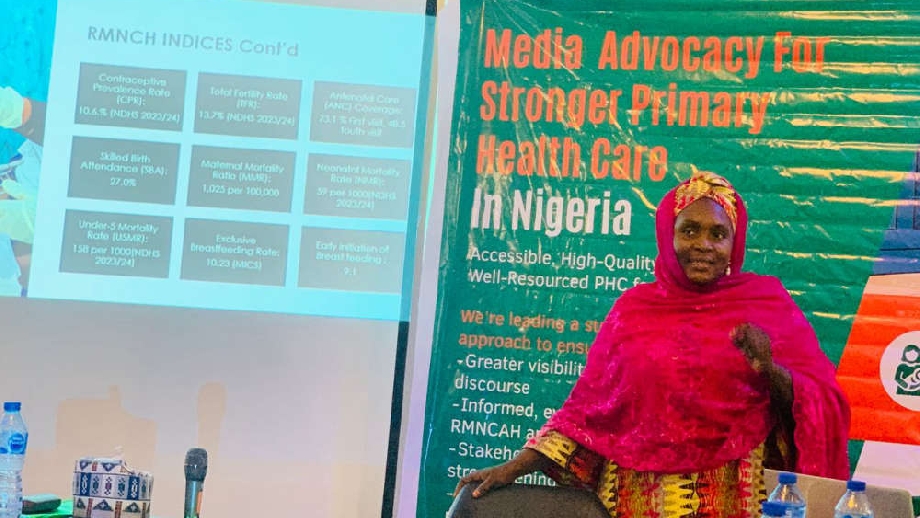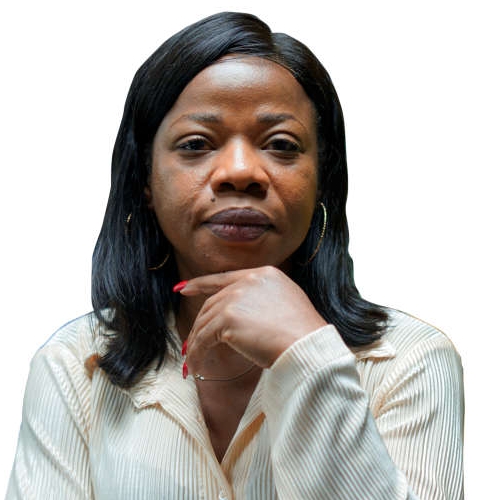
In Kano State’s rural communities, primary health care (PHC) centres operate for just eight hours or less daily due to severe shortages of nurses, medical equipment, and infrastructure.
These challenges often force pregnant women to travel over 30 kilometres in tricycles to seek care at overburdened urban secondary facilities during labour.
These journeys, often made at night on poor roads, have led to life-threatening consequences for both mothers and babies.
However, the state government is committed to addressing the staffing and equipment gaps, according to the state commissioner for health, Dr. Abubakar Labaran Yusuf.
He says the government is working to ensure round-the-clock health services across all 484 political wards, with plans to make Primary Health Centres (PHCs) fully operational by the end of next year.
“We are working to provide 24/7 health service delivery in every ward, and by the end of this year, 262 PHCs will be upgraded and fully functional to meet this target.
The initiative, according to the health commissioner, Dr. Labaran, is part of a broader commitment to strengthen the state’s healthcare infrastructure and ensure improved access to quality medical care for all residents.
Dr. Labaran stressed that the long-term goal is to make all 484 PHCs across the state operational for 24-hour service by the end of 2026 while also addressing staffing, equipment, and infrastructure improvements.”
Dr Labaran lamented that some expectant mothers in the state continued to suffer from excessive bleeding after childbirth due to the refusal of about 70 per cent of them to attend antenatal services.
According to him, “over 70% of women in Kano State prefer giving birth at home, despite the risks involved.
This administration revived the free maternal and child health program to address these avoidable deaths, but only 30 per cent of the women attend the free antenatal services. You only see them during complicated labour.” He laments.
According to Dr. Labaran, “many women avoid hospitals for antenatal care and delivery, which increases health risks for both mother and child.”
Pregnancy-Related Complications Kill 82,000 Nigerian Women - WHO
In 2020, the World Health Organisation (WHO) estimated that 82,000 Nigerian women died due to pregnancy-related complications.
The causes of death included severe haemorrhage, high blood pressure, unsafe abortion, and obstructed labour.
A report it released on May 9th, 2023, titled 'Improving maternal and newborn health and survival and reducing stillbirth: Progress Report 2023’ shows that more than 50,000 women die during childbirth in Nigeria every year.
According to UNICEF, Nigeria’s 40 million women of childbearing age (15 to 49) suffer a disproportionately high level of health issues surrounding birth due to a lack of access to healthcare services.
2,300 Under-five Children and 145 Women of Childbearing Age Die Daily (NPHCDA)
Also, on September 24, 2024, the Executive Director of the National Primary Health Care Development Agency (NPHCDA), Dr Muyi Aina, said Nigeria loses about 2,300 under-five-year-old children and 145 women of childbearing age daily.
Sadly, most of these deaths are occurring in northern Nigeria, with Kano State topping the list with a staggering 1,025 deaths per 100,000 live births, despite the state government’s commitment to addressing infant and maternal deaths.
Apart from inadequate infrastructure and lack of manpower, some of these women skip prenatal check-ups during pregnancy as they choose traditional healers and often don’t resort to seeking professional medical help until it is too late.
Responding to these concerns at the opening ceremony of a 3-Days Media Training Workshop for selected media professionals tagged "Advocacy Solutions to Improve PHC Service Delivery and Health Outcome,” Dr. Labaran says the government is committed to crash maternal and neonatal mortality.
The workshop, organised by the International Society of Media in Public Health (ISMPH), in partnership with EngenderHealth and with the support of the Gates Foundation, aims to enhance media engagement and promote accurate and strategic reporting on critical health policies and issues, specifically.
Dr. Labaran stressed that “The Government has launched an initiative to upgrade its secondary health facilities across the state in a bid to reduce pressure on hospitals in metropolitan areas.”
He stated that the upgrades are aimed at enhancing access to quality healthcare in rural and semi-urban communities.
He emphasised that the high volume of patients seeking treatment in major urban hospitals, particularly in Kano metropolis, has overstretched the available resources and personnel.
According to Dr. Labaran, the state government has already begun renovations and equipment upgrades at 10 secondary health facilities in the State, adding that “the aim is to ensure that each LGA has 1 secondary health facility.”
He said, “These secondary health facilities are expected to offer improved diagnostic and treatment services once fully upgraded, thereby reducing the need for residents to travel long distances for medical care.”
After the workshop was declared open and several presentations had been made, the media professionals were divided into 3 groups.
Subsequently, the group made presentations on how to frame health stories for impact, benefits of health insurance and the role of the media, and ethical reporting for health issues.
Speaking further on the workshop, the Program Director of ISMPH, Solomon Dogo said the workshop becomes necessary to build the capacity of Journalists with the goal of reporting on health issues accurately.
“We trained 25 Journalists on how to report in the area of Reproductive Maternal, Newborn Child and Adolescent Health (RMNCAH), Primary Healthcare (PHC), Sector-wide approach (SWAP) and Kano State Contributory Healthcare Management Agency (KSCHMA).
We focused on these areas because all of them are linked to the maternal mortality, especially at a time when Kano State has the highest rate of maternal mortality in Nigeria.”
Also speaking at the workshop, the Country Director of EngenderHealth, Dr. Kabiru Atta, emphasised the need for accurate and responsible health reporting as a key step toward achieving Universal Health Coverage (UHC) in Kano State.
Dr. Atta said the primary goal of the training is to equip journalists with the necessary knowledge and skills to report health-related stories accurately and effectively.
Dr. Atta, represented by Jumare Abdulaziz, says the media plays a vital role in shaping public opinion and influencing policy, making it essential for health stories to be factual, clear, and solution-driven.
“Journalists must be empowered to report health issues with accuracy and depth,” Jumare said. “All stakeholders must do the needful if we are to achieve universal health coverage in Kano.”
The training, which brought together media professionals from across the state, also highlighted the importance of collaboration between the media, healthcare providers, and policymakers in disseminating information that promotes public health.


